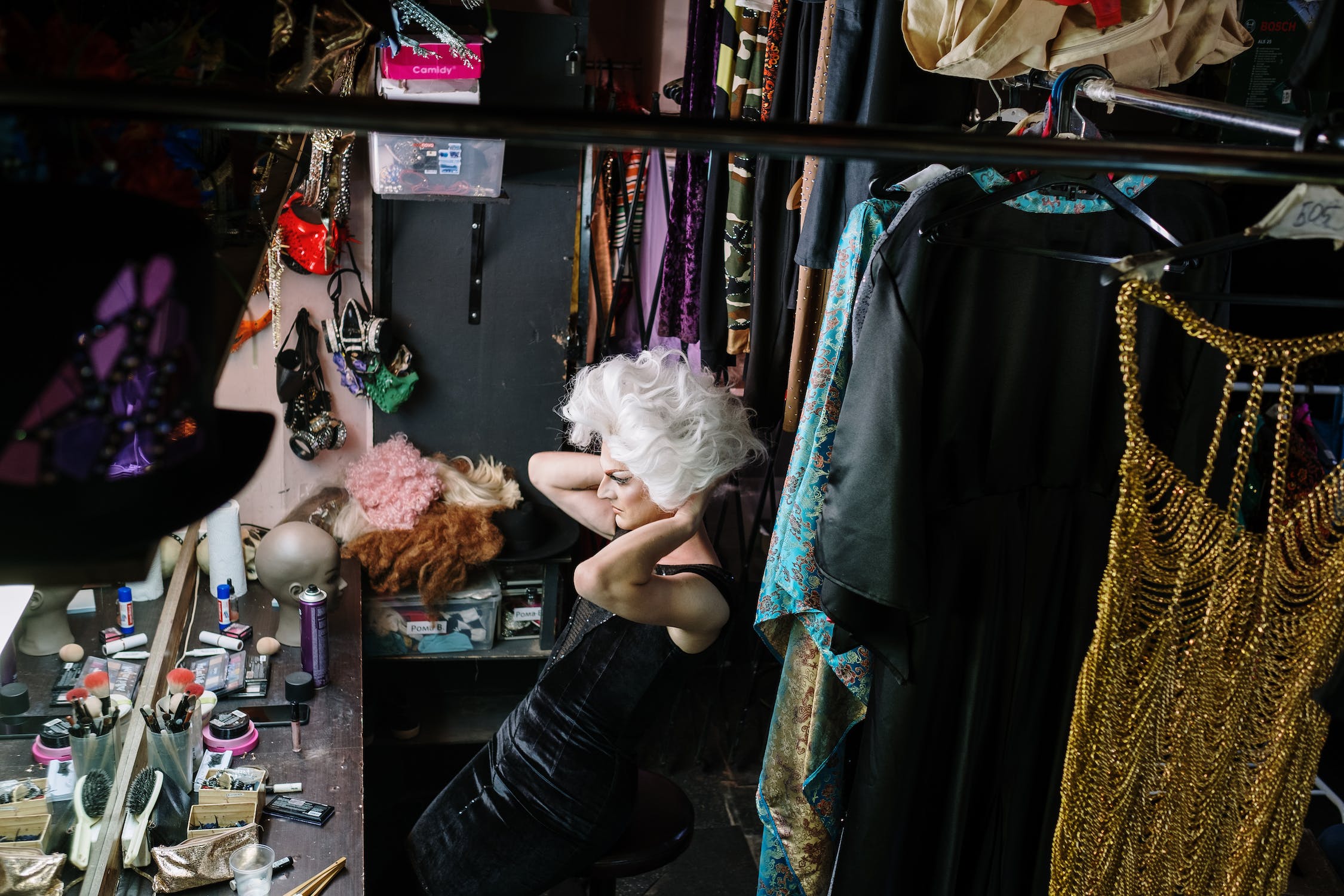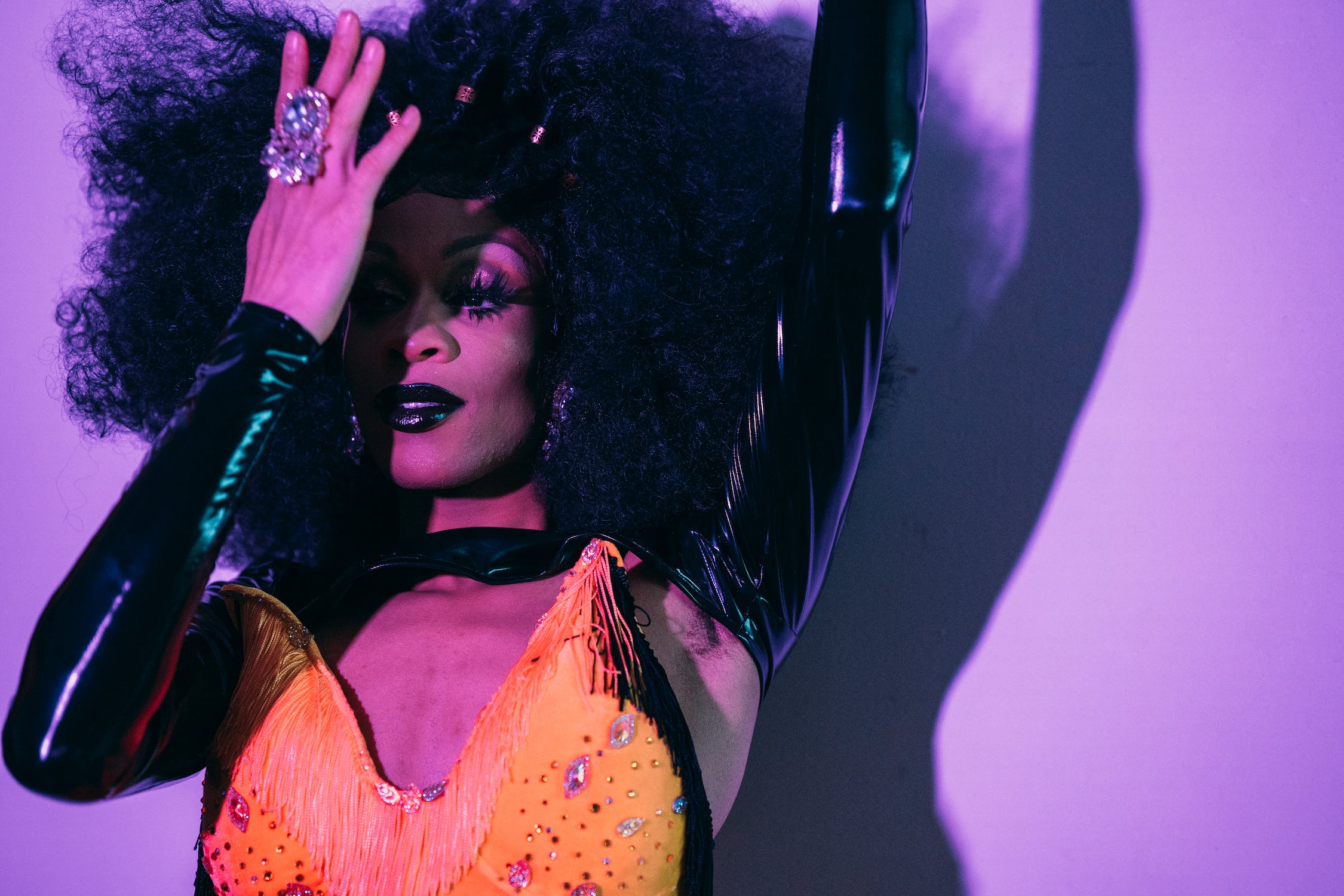As Tennessee became the first state to ban drag shows in public spaces earlier this month, many conversations have risen across the nation as other states are following in their footsteps.
When I first saw how the bill was passed in the state Senate and then signed into law by Gov. Bill Lee, confusion hit me. I asked myself if Arizona, Oklahoma, Kentucky, South Carolina, or any of the other states that have considered passing similar ideas, who are next? How many more states will fall until the entire nation bans this form of free expression?
In Tennessee’s bill, it’s made clear that “adult cabaret performances” or any type of “adult-oriented performances” that include “male or female impersonators” in a public space where minors can possibly watch them, are prohibited.
For those who may not know, a drag queen is a person, usually born a male, who uses clothing and makeup to display an exaggerated version of female gender roles and appearances for the purpose of entertainment. As drag shows have existed across the world for decades, they have been an important part of the LGBTQ+ community.
Freedom of expression
I haven’t known many people who’ve participated in these shows or who have identified as drag queens, so I can’t speak on their emotions. But I can speak on something my mother always told me, “This country is supposedly where your ideas and expression can be free to the point where coming here is like a fresh start.”
At least that was our initial vision, as we migrated to the United States from Brazil when I was a teenager who was only used to being a foreign farm girl. Now it feels like I’m living in a society where at any minute laws affecting the livelihood of a certain group of people can be passed, without the affected groups involved or talked to in the process.

The First Amendment of the United States Constitution, which gives people the right to free speech and free expression of beliefs, has been tested since the idea came about. To this day, the ones in political power are still doing so, but making changes that stem from the personal beliefs of religious conservative ideals.
Many states lean toward passing a similar bill banning public drag shows, and it may pose a threat as this can be the beginning of many more possible methods to try and seek control. We currently live in a time where dressing in costume onstage might land you a misdemeanor or a felony charge.
When someone asks me about my stance on the issue, I usually reply by saying no matter what, I’m on the side of constitutional freedom for every person, that state laws shouldn’t be able to take away constitutional rights. Even if you’re a person who doesn’t know a lot about drag, viewing this through a constitutional lens can help you step in the shoes of a person who carries themselves differently than you.
Additional details that we know
In Tennessee, the law will go into effect on July 1, 2023, and there’s no telling which states will be next.

According to CNN, Republican state Senator Jack Johnson, weighed in on what he feels is an early misconception of this move. He said the law’s purpose isn’t to pose a threat to transgendered people and drag performances.
“For clarification, this bill is not targeting any group of people. It does not ban drag shows in public. It simply puts age restrictions in place to ensure that children are not present at sexually explicit performances,” Johnson said.
As that is said to be the case, drag queen storytime events held at libraries and in other public places that are not sexually explicit, are still banned in the bill.
Even though he states this to be true, what many don’t want to see is the Senate using the passing of this bill as a driving force to take control of the LGBTQ+ community in multiple other ways.
Only time will tell, and with every bill that’s considered, the people in power must never forget about the foundation of free expression that helped set this country apart from anywhere else.





